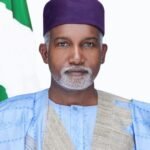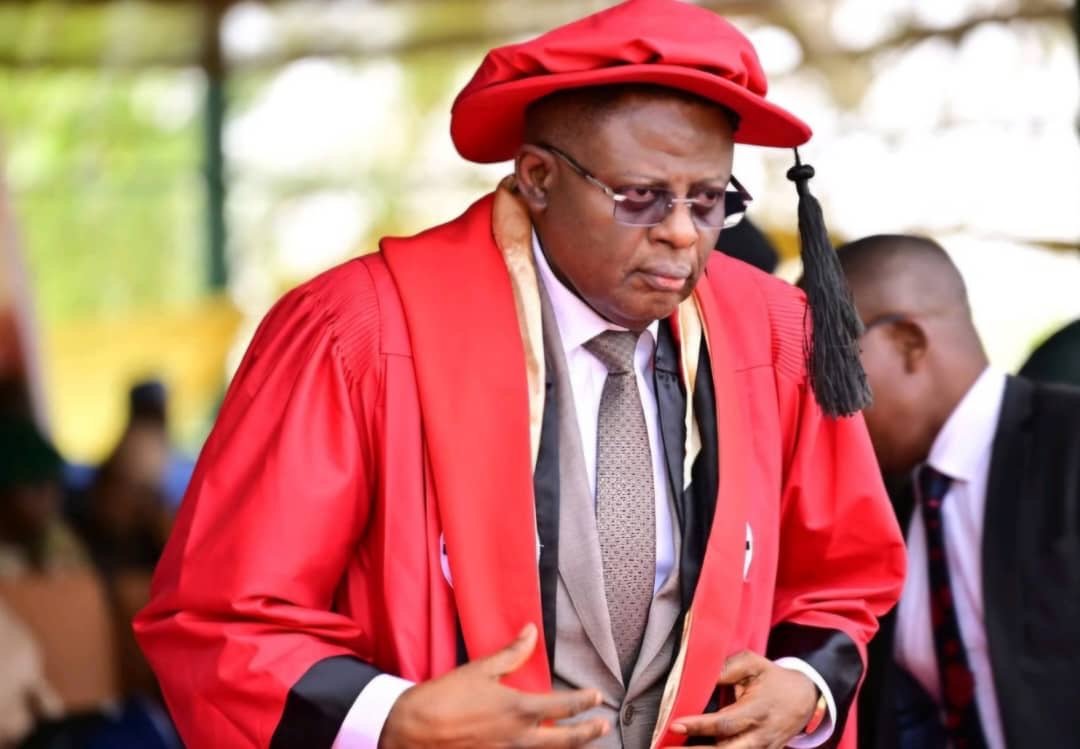By Anietie Akpan
The 137th Inaugural Lecturer of the University of Calabar (Unical), Prof. Susana Ben Ohen, has said that climate change, insecurity, post-harvest losses, policy, and governance gaps pose challenges to the food security situation in Nigeria.
Prof. Ohen stated this at the Unical International Conference Centre while delivering the institution’s inaugural lecture on the topic; “Bridging the Gap: Market Intermediaries, Ecosystems and the Quest for Sustainable Food Security in a Changing World” on Wednesday.
In a press release from the Public Relations Unlt of the University, she said, armed conflicts and banditry in farming regions disrupt food production and distribution, saying it is a common trend in the northwest as farmers have abandoned their farms due to frequent attacks, leading to reduced agricultural output.
She said, “the insurgency in the northeastern region has displaced millions of farmers, significantly disrupting agricultural activities and food supply chains and this greatly impacts food stability in the country”.
Ohen, a Professor of Marketing and Agribusiness Management, averred that poor storage facilities and inadequate transportation infrastructure result in significant losses of perishable crops.
The Don said inconsistent agricultural policies and insufficient investment in the sector undermine efforts to achieve food security.
The Inaugural Lecturer said while Nigeria is a leading producer of staples such as cassava, yams, and rice, the country still faces food deficits, adding that this is largely due to low agricultural productivity caused by outdated farming methods, insufficient mechanization, and post-harvest losses.
Prof. Ohen said that, “economic instability, high poverty rates, and food price inflation hinder access to food as over 40 percent of Nigerians live below the poverty line, making it difficult for many to afford sufficient and nutritious food”.
She said poor dietary diversity and inadequate nutritional education affect food utilization in Nigeria, adding that the high consumption of carbohydrate-heavy diets often leads to micronutrient deficiencies, particularly among children and women.
While proffering solutions to the food insecurity situation in Nigeria, the Inaugural lecturer said, “Nigeria must transform its food system to be more efficient and inclusive to ensure food and nutrition security as the population doubles over the next 30 years.
“Addressing these challenges requires targeted interventions, including improved infrastructure, regulatory oversight, and farmer empowerment, to maximize the positive contributions of middlemen while mitigating their negative impacts.”
The Don said by addressing key challenges such as low agricultural productivity, insecurity, and post-harvest losses, Nigeria can improve its food systems and achieve sustainable food security.
The Vice Chancellor of Unical, Prof. Florence Obi, in her remarks, eulogized the inaugural lecturer for doing justice to the lecture topic, describing her as a knowledgeable academic whose contributions in the academic world have shaped lives.
While presenting a memento to the Inaugural lecturer, the Vice Chancellor said the University is proud of her for paying her ‘intellectual debt’ and urged other Professors to follow suit.













